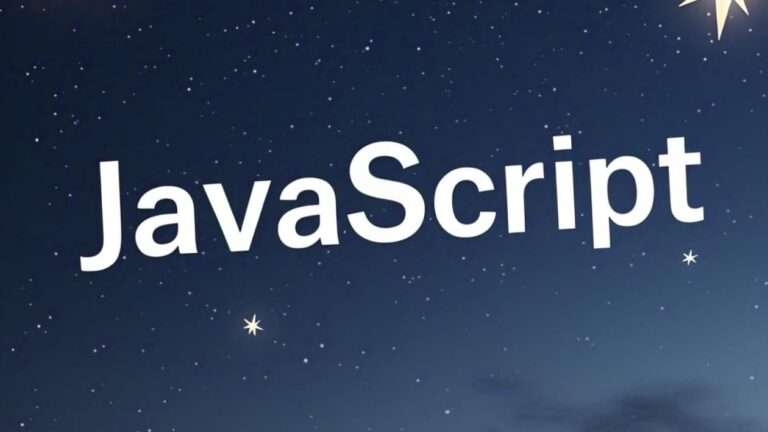
What is Python?
Definitions
Python is a high-level demanding coding language that is used to develop AI-trained models to automate our daily tasks. We can train an artificial intelligence model that helps to do data science, it means generate useful data from a large amount of dataset.

History of Python
Who can develop?
Guido van Rossum in 20 February 1991.
Why Python was Developed?
This programming language was developed to do software development, web development, then It can run like a rocket.
Features of Python
Simple like an English language wording
Easy to use
Simple and short code
Create database
Server-side rendering
Uses of Python
✅ Data Science & Analytics
✅ Artificial Intelligence
✅ Automation
✅ Game Development
✅ Desktop Applications
✅ Cybersecurity
✅ Designing Database Management
✅ Software Testing
✅ Robotics
✅ Audio Applications
✅ Video Applications
✅ Networking
✅ Calculation
✅ Web development
Advantages
✅ User-friendly and beginner-friendly
✅ A large amount of community support
✅ Multiple platform Support
Disadvantages
Slower running Speed
High Memory and RAM Usage
Future of Python
Now the world can go to machine learning, data science, artificial intelligence, robotic life, then we see that It is a demanding language now and in the future. Nowadays It is a high-demand programming language, software development.
Popular frameworks
Django
Django is the most popular framework that helps to create a website database and connect to the frontend, for rendering data, creating slugs. Django can provide a built-in admin panel and authentication.
Flask
Flask is a Python framework that is used to create web apps. With Flask, you can develop a web application with less code. This is the second last framework of Python. this framework is demanding for industries.
My Opinion for students
Students can start their development journey with this Language. It can help to develop your bright future with this code, no need to start development with other languages. You can build your AI model to automate your programming.


